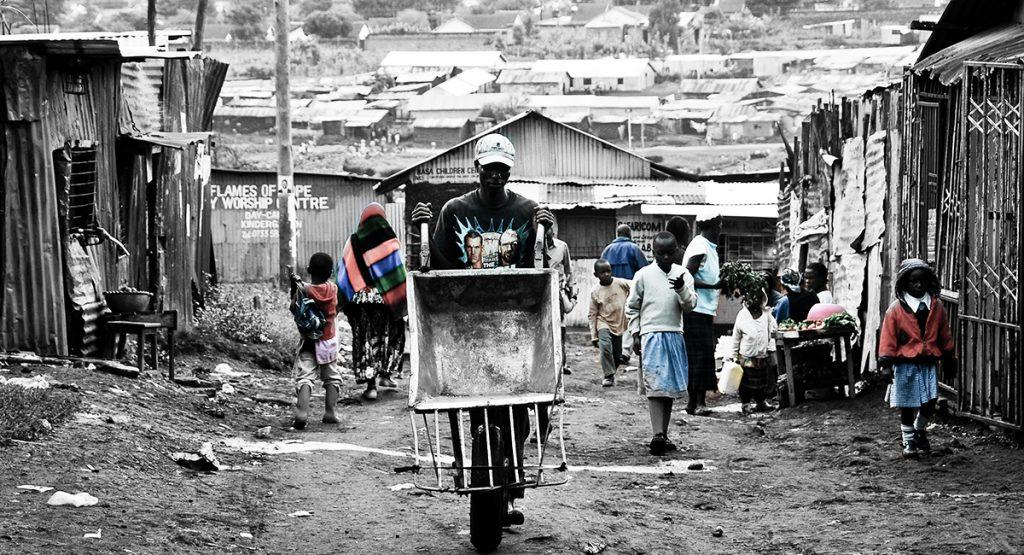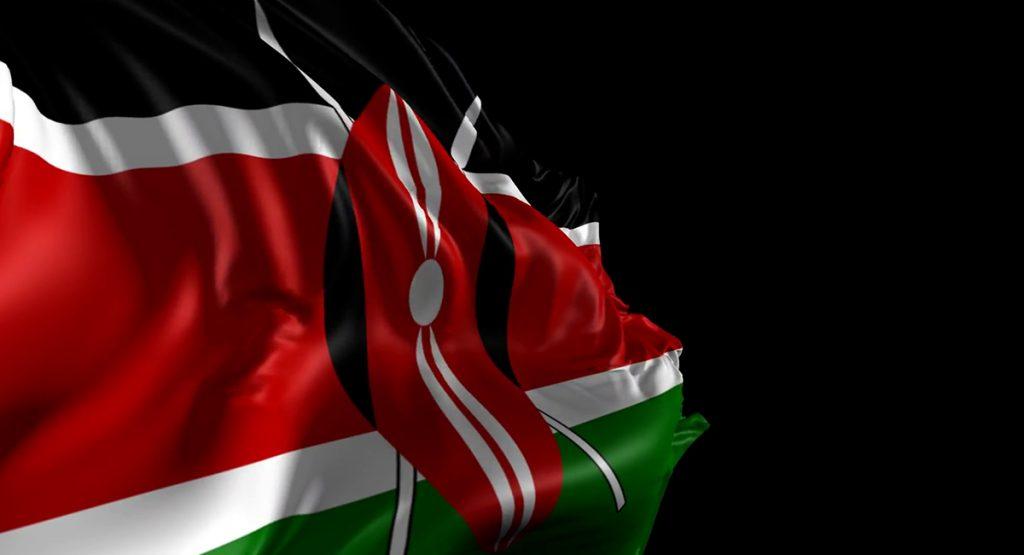Chapter 4 of the Constitution of Kenya is an ambitious aspiration that is meant to promote equality, equity, inclusion, and non- discrimination based on gender, race, and ethnicity. The Constitution has presented an occasion where women and girls have over time experienced historical imbalance. Systemic challenges have made it difficult for women to not only access political leadership but also social and economic rights. The right to safe abortion, right to menstrual health hygiene, female genital mutilation are some of the issues that women and girls among other things fight every day.

Menstruation is a biological process that transitions a girl to womanhood. Some girls experience it earlier than the age of ten, others experience it way later. This biological process is characterized by pain, some women experience extremely heavy bleeding, premenstrual syndrome, and amenorrhea. However, this biological process which forms a critical component of sanitation, health, and education has been compounded by taboos and cultural practices. Silence or discussion of menstruation hygiene in hushed tones has curtailed women’s and girls’ ability to express their sexuality and this hinders their participation in matters that concern them. The silence has been worsened by existing gender and social norms, societal restrictions, predominant patriarchy, and gender inequality.
Kenya has made some significant strides in addressing menstrual hygiene. Water and sanitation sector is key in implementing menstrual hygiene management, hence Article 43 of the Constitution has given a right to all to enjoy access to clean and safe water in adequate quantities. Menstrual health is a reproductive matter, the same provision guarantees all women and girls to enjoy the highest attainable standard of health which includes reproductive health care. However, these rights have not been fully achieved as far as menstrual hygiene is concerned. Most girls and women in low- and middle-income areas still face challenges relating to access to sanitation facilities and lack of proper avenues for disposal of menstrual waste. Disposal of menstrual hygiene products is not only a waste management problem but a health issue as well. Poor disposal of menstrual products may act as a breeding ground for infections and diseases. On top of that too, sanitary products not disposed of well can be an eyesore. Most school latrines and public toilets lack free-flowing water, lockable doors, good lighting, and privacy in general.
And to mention accessibility, the prices of sanitary towels are outrageous. Girls and women who cannot afford this commodity have been forced to improvise the sanitary products. Tree barks, socks, tissues are some of the improvised products. Even though these go a long way, they pose a challenge and could lead to infections. Some young women in rural areas are known to sit on small holes they have dug as their menstrual cycle passes.
The Basic Education Amendment Act, No. 17 of 2017, provides that the government shall provide free sufficient and quality sanitary towels to every child registered and enrolled in a public basic education institution who has reached puberty and provide a safe and environmentally sound mechanism for disposal of the sanitary towels. This has kept many girls in school but in areas where negative gender-based practices continue to prevail that limit access of girls to education, girls have missed out on this which has spiked the rise of early teenage pregnancy due to transactional sex and in some areas early childhood marriages.
The Menstrual Health and Hygiene Policy is a landmark Policy that was approved by the Government of Kenya in November 2019. It contains five policies that the government hopes to include in existing programs like the anti-FGM campaign. The policies which include the establishment of an enabling legal and regulatory environment for women and girls, eradication of myths, taboos, and stigma around menstruation, ensure women and girls have access to safe and hygienic menstrual products, safe and appropriate menstrual waste management and maximum accountability in the policy will go a long way in ensuring that women and girls enjoy this reproductive health right devoid of stigma and shame.
Written by Mercy Chepkemoi who is a lawyer by profession. She is particular with issues affecting women’s rights.
Twitter – @masiememo
Instagram – Masiememo
Facebook – Mercy Chepkemoi Chebett



